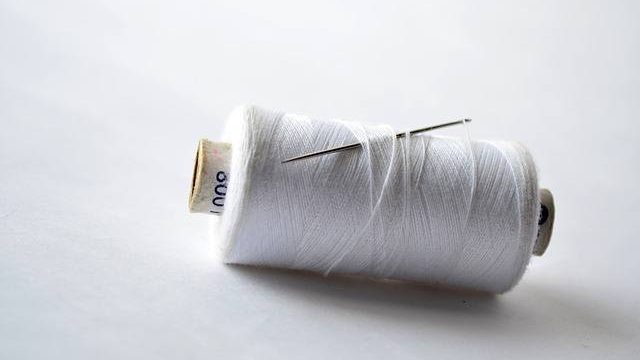A new legal challenge filed on Monday in Britain could pave the way for the European Union to prevent slave-made goods from entering the bloc, starting with cotton from Uzbekistan.
The case put forth argues that imports of Uzbek cotton into EU nations are unlawful because the bloc has applied preferential tariffs and has not considered the human rights situation in Uzbekistan or the country’s compliance with international labor conventions.
Uzbek-German Forum for Human Rights (UGF), which brought the challenge, says the EU is continuing to trade in Uzbek cotton despite clear, documented evidence that forced labor still exists in the annual cotton harvest.
“This approach is unprecedented … it aims to disrupt the unhindered importation of forced labor cotton into Europe,” said Gerry Liston, legal officer at Global Legal Action Network (GLAN), a Britain-based charity helping UGF with the case.
“If successful, it would have implications for all sorts of goods tainted with forced labor (in the EU).”
Thomson Reuters Foundation reports:
The lawyers behind the case hope it will succeed in London’s Administrative Court – part of the High Court of Justice – and be referred to the European Court of Justice in Luxembourg where any decision or ruling would be legally binding across the EU.
Such action could range from forcing the EU to conduct due diligence into Uzbekistan’s cotton production to a ruling that would effectively stop the entry into the bloc of goods known to be produced by forced labour, said lawyers supporting the case.
Under a 2012 EU regulation, Uzbek cotton imports receive a preferential tariff under the Generalised Scheme of Preferences, which seeks to facilitate trade with certain developing nations.
But the legal motion said this regulation was void as a matter of EU law, and cannot be applied by Britain or any member state of the bloc to cotton imports from Uzbekistan.
UGF said this was because the EU had not assessed the human rights implications of applying tariffs to Uzbek cotton nor considered the nation’s compliance with an ILO convention on forced labour to which it is a party.
Last year, Britain imported 360,000 pounds ($455,000) of Uzbek cotton, giving preferential tariffs to Uzbekistan in the process.
Uzbekistan’s cotton harvest has long been plagued by state-sponsored forced labor, wherein thousands of students, teachers and health workers are forced to pick cotton and reach high government quotas. While the country has made progress in recent years to tackle the problem, UGF says forced labor is still “systematic and massive.”
Erkin Mukhitdinov, first deputy minister at the country’s labor ministry, told Thomson Reuters Foundation that the government “remains fully committed to eradicating forced labor in the cotton harvest.”
UGF Director Umida Niyazova believes this case could put further pressure on the government.
Any kind of global pressure at this point … at this time .. could be very effective,” she said.
“This case could be the last straw, and an important moment for the Uzbek people.”







Freedom United is interested in hearing from our community and welcomes relevant, informed comments, advice, and insights that advance the conversation around our campaigns and advocacy. We value inclusivity and respect within our community. To be approved, your comments should be civil.
finally! it has only taken 30 effing years.
I thought this ended when the Soviets left. Uzbekistan is now an oil rich nation.
FANSTASTIC MOVE